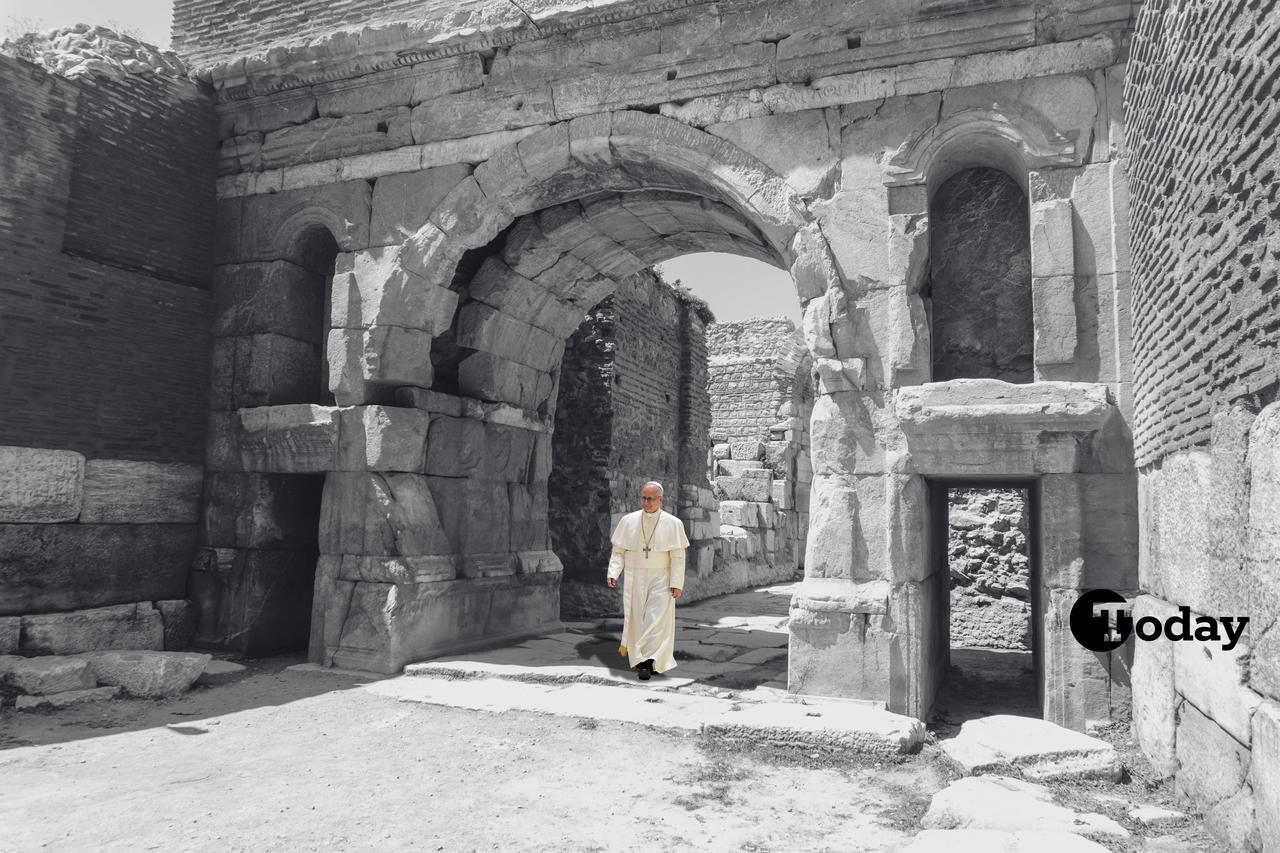
Pope Leo XIV, the newly elected spiritual leader of the Catholic Church, is set to visit the city of Iznik (ancient Nicaea) in Türkiye to commemorate the 1700th anniversary of the First Council of Nicaea. The visit, scheduled for May 24–25, follows the wishes of the late Pope Francis, who had intended to attend but passed away last month.
In his final testament, Pope Francis wrote, "If I am not alive, my successor must visit Nicaea."
The First Council of Nicaea, convened in 325 A.D., was a defining moment in early Christianity. Held in what is now modern-day Iznik, it marked the beginning of ecumenical councils that shaped Christian doctrine for centuries to come.
The upcoming visit has been described by scholars as not only a religious milestone but a key moment in global diplomacy. Professor Massimo Faggioli of Villanova University, where Pope Leo XIV studied, called the visit “a major gesture in both religious terms and international relations.”
Associate Professor Tuna Akcay, a leading archaeologist and academic at Alanya Alaaddin Keykubad University, emphasized the visit’s importance for Türkiye’s cultural diplomacy. Speaking to Türkiye Today, Akcay said such events must be carefully managed by cultural intelligence officers to protect national interests and heritage.
“Cultural intelligence is not only about collecting data—it’s about evaluating it strategically,” Akcay noted. “Preparation is essential.”
While the visit presents a powerful opportunity for Türkiye, it also comes with a unique set of challenges:
Political sensitivities
Religious and cultural perceptions
The anticipated influx of international visitors could strain Iznik’s infrastructure, risking damage to delicate archaeological sites. Preparations must include visitor flow management and preservation plans.
Large-scale gatherings raise the risk of protests or extremist threats. Robust security protocols will be essential to ensure safety for all attendees.
Akcay outlined a proactive approach to maximize the visit’s success:
Akcay argues that cultural intelligence is crucial to safeguarding national identity while enhancing Türkiye’s global influence.
“If we want to promote our cultural values and historical heritage on the world stage, cultural intelligence is a necessity,” he said.